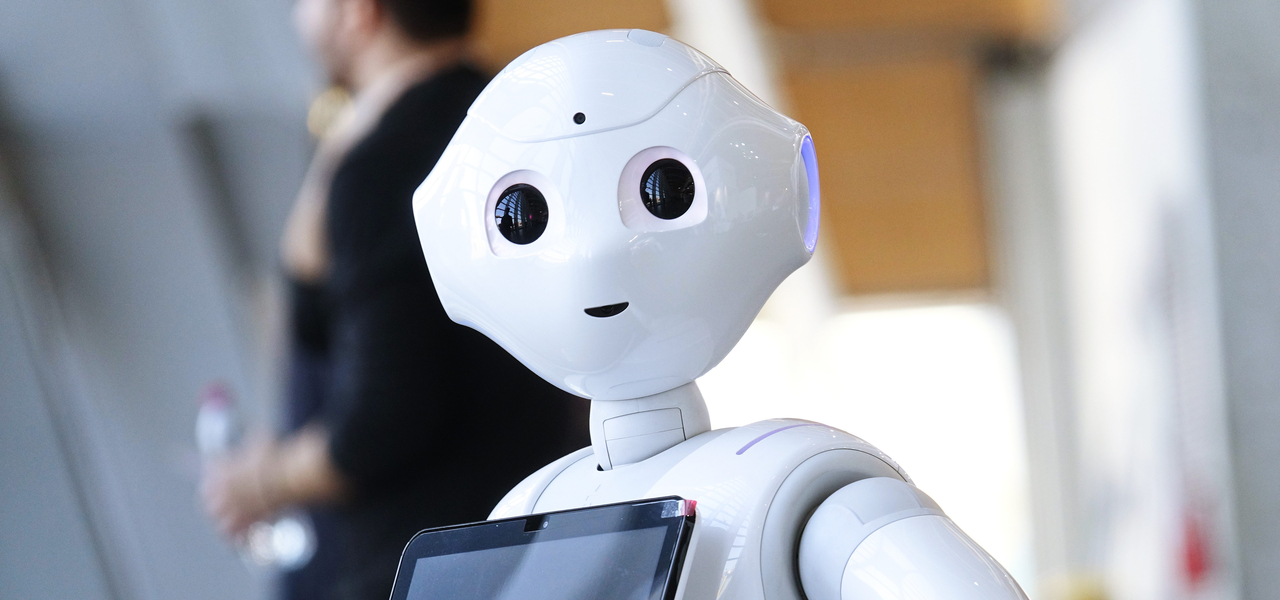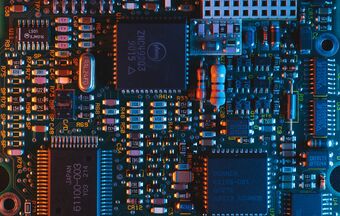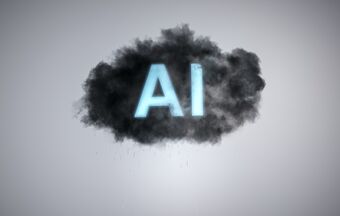A better story
Into creation God built every technological possibility that could ever be devised. Artificial Intelligence is just the latest example of this.
We want to see a society where innovation, knowledge and creativity are encouraged, but never to the detriment of people and the environment in which we live.
CARE is exploring the theological, social and practical implications of these advances, and to ensuring that new technologies are wisely regulated.
Resources
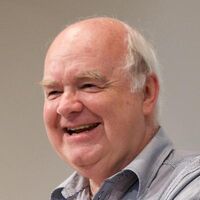
The real risk with AI isn’t malice but competence. A super-intelligent AI will be extremely good at accomplishing its goals, and if those goals aren’t aligned with ours we’re in trouble.
The Robots are Coming
In an age of ever increasing technological change, theologian Nigel Cameron has written this short book in collaboration with CARE, examining what these developments might mean for us as Christians.
In the quest 'to make robots human' , what is beneficial to us and what is dangerous? What does it mean to be human in the twenty-first century?
To buy a copy for just £4.99, contact CARE at mail@care.org.uk.
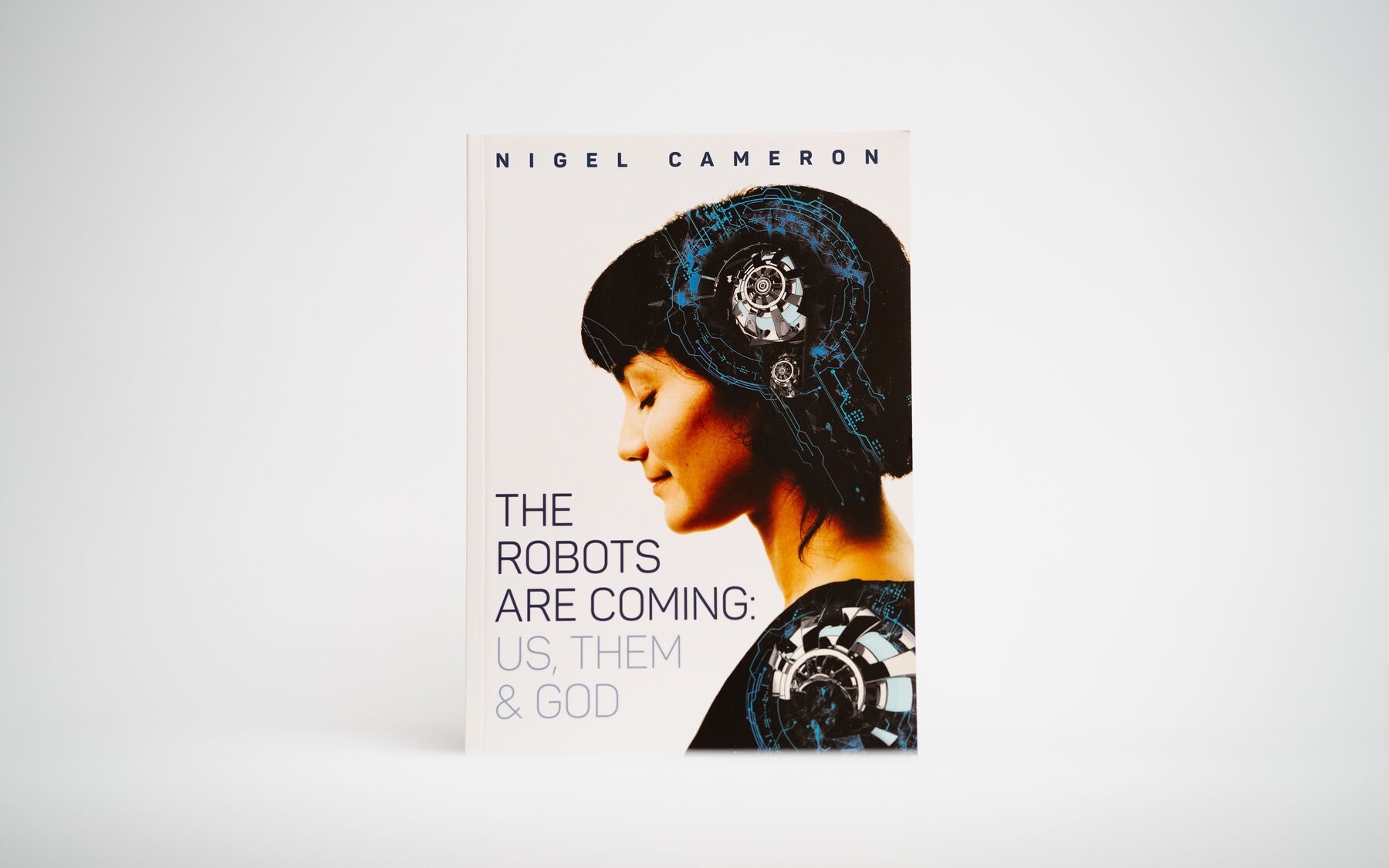
God & My Mobile
At a time when smartphones are revolutionising the way we walk through life, theologian Nigel Cameron has written this short book in collaboration with CARE to unpack the theological implications of new technologies.
Should we let our children go on social media? How do phones impact family life? And what should be the government's role in regulating them?
To buy a copy for just £4.99, contact CARE at mail@care.org.uk.
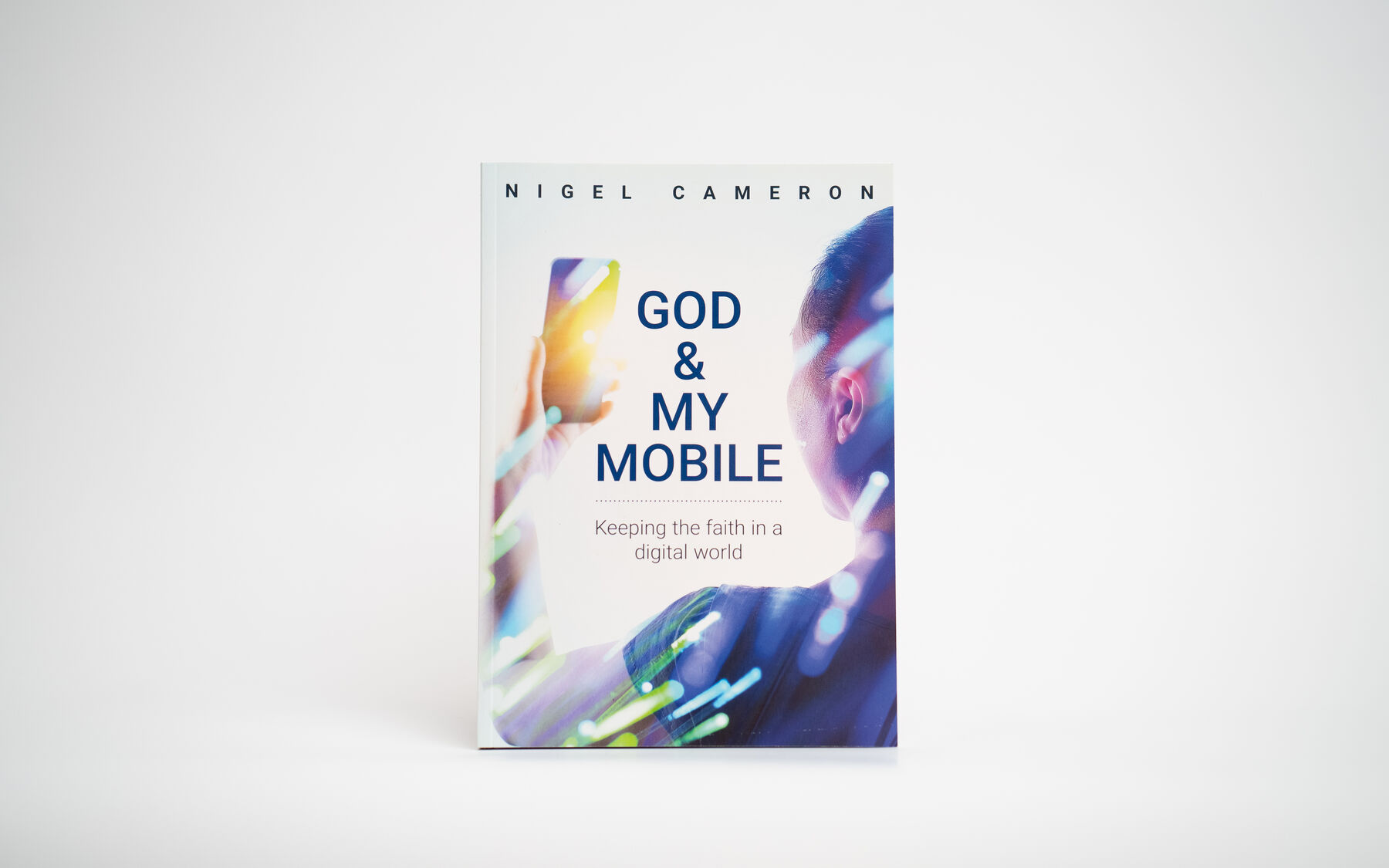
News about Artificial Intelligence
-

 Japanese woman 'marries' AI-generated boyfriend
Japanese woman 'marries' AI-generated boyfriendA 32-year-old woman in Japan has held a symbolic wedding ceremony with an AI-generated boyfriend, drawing international attention and renewed debate about digital companionship and the role of artificial intelligence in personal…
Artificial Intelligence
-
Parliamentarians call for AI regulation
Artificial Intelligence
-
OpenAI cite 'terms and conditions' over teen's suicide
Artificial Intelligence
-

 One in four unconcerned about non-consensual sexual deepfakes
One in four unconcerned about non-consensual sexual deepfakesA survey commissioned by the Office of the Police Chief Scientific Adviser found that 25% of respondents agreed with or were neutral about the acceptability of sexual deepfakes even when the person…
Pornography
-
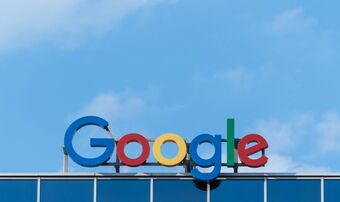
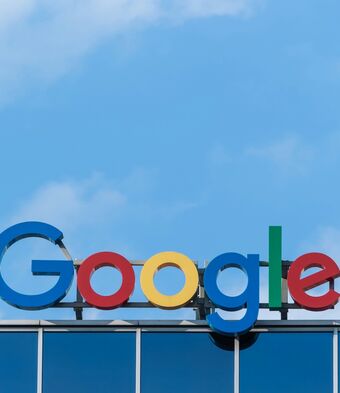 Google's boss warns about blindly trusting AI
Google's boss warns about blindly trusting AISundar Pichai, CEO of Alphabet, the parent company of Google, said that people should not “blindly trust” everything that artificial intelligence tools tell them.
Artificial Intelligence
-
Government to allow testing of AI systems to prevent child sexual abuse material
Artificial Intelligence
-
Mental health experts express concerns about AI at work
Artificial Intelligence
